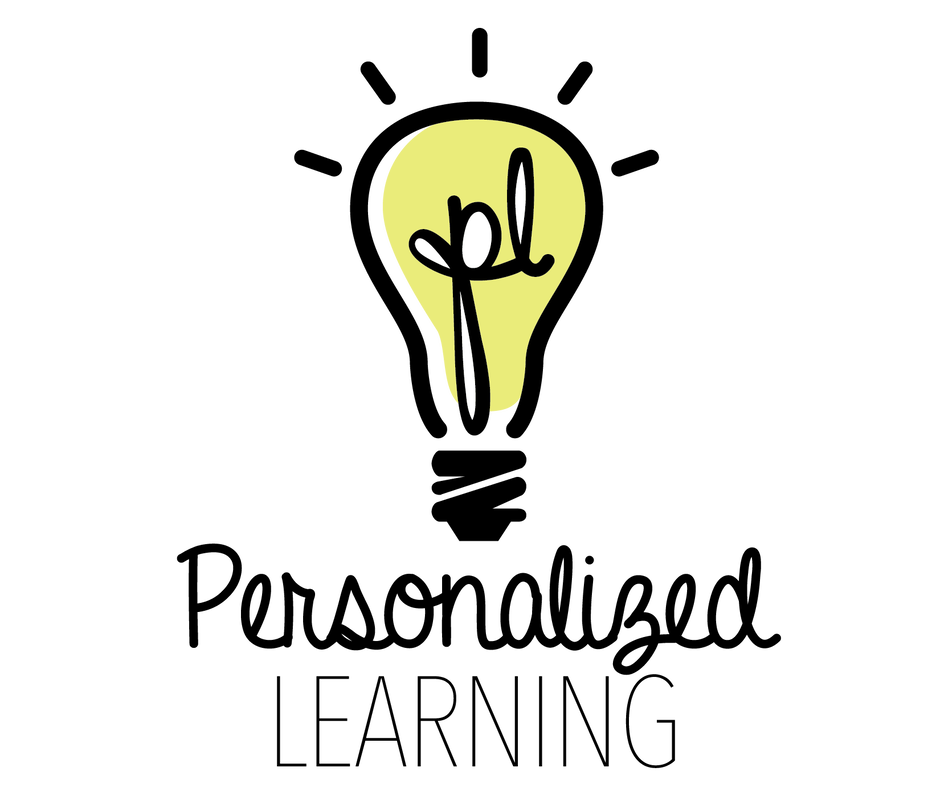Student Agency
Phase 1
"Look-Fors" During Observation
Remember: The most helpful part of the observation is not checking off items, but the conversations and reflections that happen after the visit.
Remember: The most helpful part of the observation is not checking off items, but the conversations and reflections that happen after the visit.
|
Beginning/ Developing
|
Practicing/ Achieving
|
Questions to Guide Observation
- What language do you notice the teacher using with students? Is there evidence of knowing the student or is there evidence of intimidation, shame, or marginalization?
- What routines and rituals do you see that allow for relationships to be built in the classroom?
- What evidence of student, teacher, community identity do you see in the room?
- When you ask students, do they respond that their teacher is fair and cares about them?
- What evidence of feedback do you see in the classroom?
- How do you see teachers interacting with individual students?
- How do you see teachers making time to know their students?
Resources
- This ASCD article, by Larry Felazzo, talks about the teacher student relationship and gives ideas for what to do to facilitate positive ones.
- This List from Harvard University's Project Zero, provides the 8 forces that shape group culture giving an explanation of each one.
- This Edutopia article, by Rebecca Alber, provides ideas for creating a safe classroom environment.
- This Teach Magazine article, by Karen Hume, provides ideas for how to show students that you care to aid in creating a safe environment and relationships.
- In this video Dr. Dorothy Steele and Not In Our School Project, talks about classrooms where students feel safe and have a sense of belonging, they develop stronger attachments to school and achieve at higher levels, even in the face of significant social and economic disparities.
- This PBS article, by Sarah Sparks, describes the power of empathy in transforming a student’s relationship with school.
- This Study.com webpage offers numerous resources exploring this topic.
- This Huffpost article, by Jake Newfield, gives an overview of the impact on empathy in relationships and provides steps for creating empathy.
- This We Are Teachers article, by Chase Mielke, shares tips for getting feedback from students and explains the importance of doing so.
- This Edutopia blog, by Marianne Stenger, gives strategies for how to provide meaningful feedback to students to best support learning.
| Rapport with Students, Coaching Tool | |
| File Size: | 733 kb |
| File Type: | docx |
| Rapport with Students, Coaching Tool | |
| File Size: | 235 kb |
| File Type: | |

